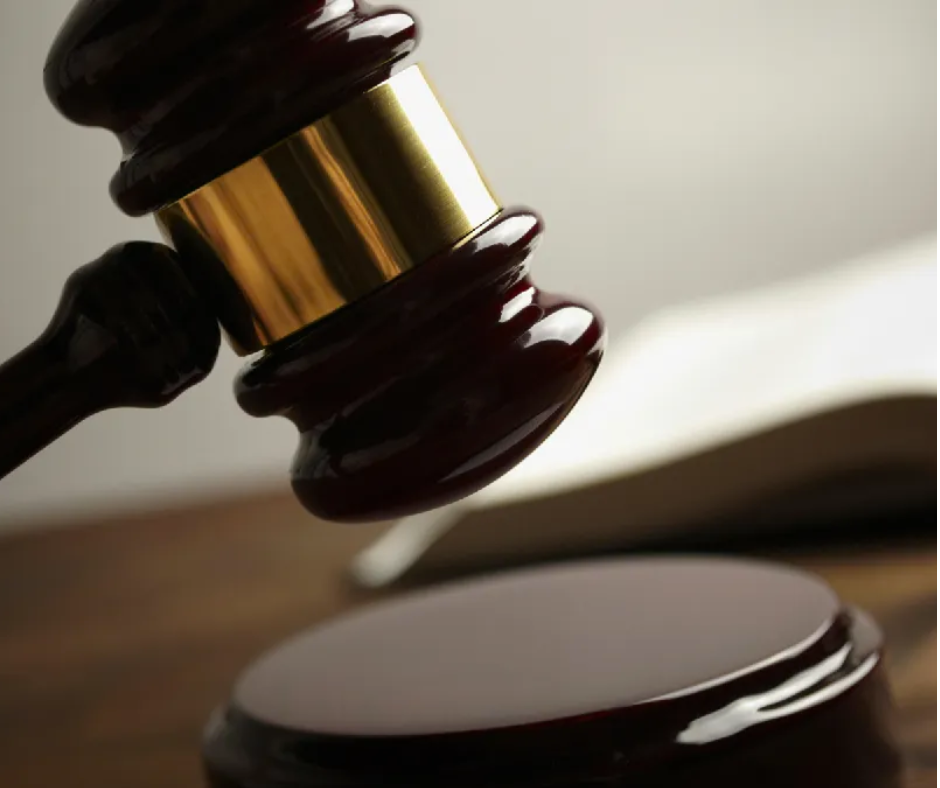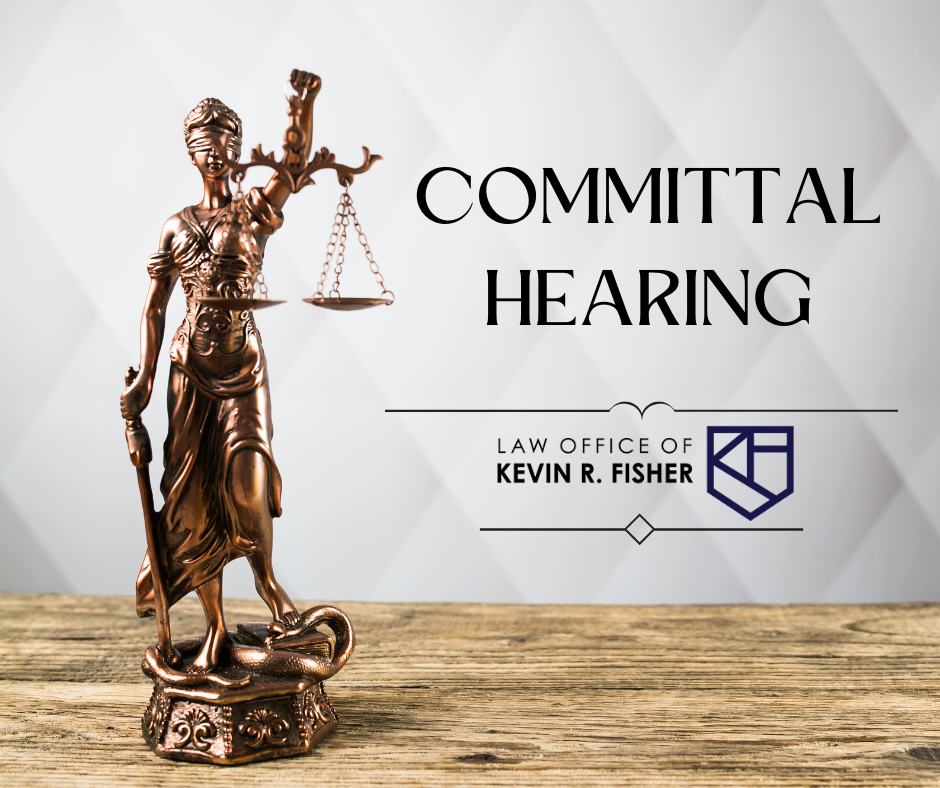There are various stages in a criminal case, varying from arrest, arraignment, trial, and conviction. A committal hearing occurs at the beginning of a criminal case. Keep reading to learn more about committal hearings, what happens during a committal hearing, and the role of an attorney during the hearing.
What is a committal hearing?
A committal hearing commonly called a “preliminary hearing,” determines whether there is enough evidence to keep someone incarcerated. More specifically, the judge will consider whether there is probable cause to believe the Defendant is guilty of the alleged crimes. The standard of probable cause is very low, meaning there does not need to be overwhelming evidence for a judge to find probable cause.
What happens during a committal hearing?
During a committal hearing, there will typically be the judge, the prosecutor, an officer or detective, the defense attorney, and the Defendant present. The prosecutor will ask the officer questions about the alleged crimes and, specifically, about their background, the criminal investigation, and what led them to link the crime to the Defendant. After the prosecutor asks the officer questions, the defense attorney will have an opportunity to cross-examine the officer about their role in the investigation. After questioning is complete, the judge will announce if they find probable cause to keep the Defendant incarcerated or committed.

When do committal hearings happen?
Article 2 of the Georgia Code governs commitment hearings and requires “reasonable time shall be given to the defendant and prosecutor for the preparation of the case.” Many Georgia courts, including the Georgia Supreme Court and the Court of Appeals of Georgia, have taken this language to mean that there is no right to a preliminary hearing and delayed preliminary hearings are not grounds for voiding a conviction. In other words, a preliminary hearing that is delayed by weeks can be allowed.
For example, in Lambert v. McFarland, the Court addressed a six-week delay in a probable cause hearing while the prosecution obtained a crime lab analysis. The Court noted that Lambert failed to assert their right to a speedy trial. Further, the effect of the six-week delay led to the production of evidence that ultimately resulted in the dismissal of the charges brought against Lambert. As a result, Lambert’s constitutional right to a speedy trial was not violated. The Court also noted that although Lambert was deprived of liberty without due process, the delayed probable cause hearing was constitutional.
What is the role of an attorney during a committal hearing?
Although a Defendant can represent themselves during a committal hearing, it is important to have a defense attorney present to advocate on the Defendant’s behalf. The probable cause standard can be confusing to people not familiar with it, and it can be challenging to know what questions should be asked. An experienced criminal defense attorney will ask the right questions to obtain evidence and potentially have the charges dismissed.
Have questions? Give me a call.
It is important to have an attorney during your preliminary hearing to ensure the proper questions are asked, which can lead to the dismissal of your case. I have decades of criminal law experience and will advocate on your behalf at each stage of your case to make sure we reach the best resolution. If you need a criminal defense attorney or have legal questions, give me a call today!

